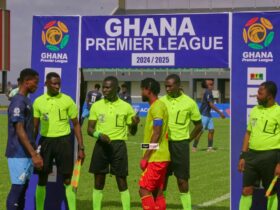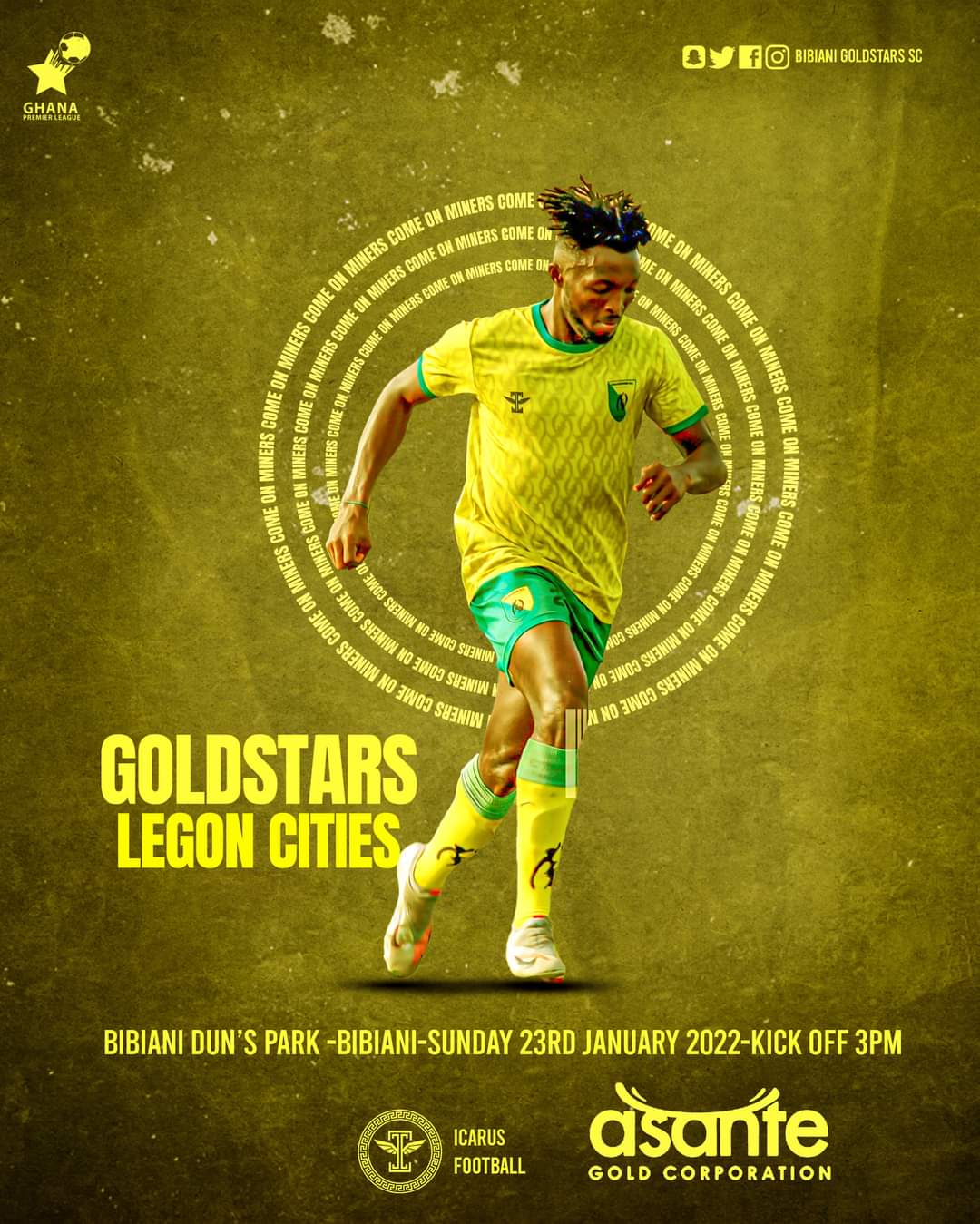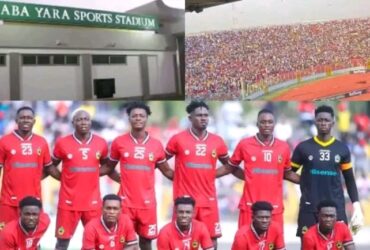Stakeholders of Ghana Sports including analysts and enthusiasts, as in many other countries hit by the novel coronavirus pandemic have their fingers crossed and yet counting down to the return of active sports. Even more so with ease on restrictions by government.
As with every other socio-economic endeavor, sports and for that matter soccer will never be the same. Seen with other countries particularly those in Europe, a new normal is absolute. Fans may have to watch behind screens as they see their counterparts do in other countries.
Sadly, Clubs administration may not be a beneficiary of this new normal. Clubs may have to continue their struggle with funding. Players may remain unpaid or woefully underpaid. Teams may have to continue to risk traveling in rickety buses to play their games. Teams may still be managed in the ‘pockets’ of Club owners and officials. Outcome of matches may still be determined even before play.
The Ghana Football Association as driving organization is still battling a suit at the Committee for Sports Arbitration.
Thus to say, issues fettering Clubs abilities to attract following, viewing and sponsorship may remain same. Several football Clubs in Ghana are yet to be modeled and run as entities worth investing in and the new normal may not be enough a game changer. At least not beyond the field of play.
A striking distinction between the operations of a typical Business entity and that of a football Club is the latter’s interest in sponsorship and support from corporate Ghana.
Whilst the objective of a typical business unit is to satisfy the needs of its customers by selling product or services to them in return for profit, a football Club’s objective goes beyond satisfying it customers (Fans) to include a means to send a strong appeal to corporate Ghana to assist them through sponsorship.
Football Clubs are primarily suffocating in achieving the latter objective in several ways;
Club administrators fail to appreciate the fact that, corporate Ghana as a Stakeholder should be treated as a partner in the development of sports in Ghana. It’s astounding why a football Club would keep it Finances from the very people they intend to convince for sponsorship. The posture of Club Administrators and their lack of transparency in the financial activities of the Clubs have been an encumbrance in wooing corporate Ghana to come to their aid. Not to forget that targeted corporate social responsibility is an expense to the corporate body and that they would want to ensure that it serves the intended purpose.
Football Clubs must demonstrate features of professionalism in the day to day administration of the Club. A fundamental ingredient every serious business entity must possess is branding or packaging. This is a key marketing instrument that every Football Club must spend a lot of energy on.
Football Clubs should not only focus on winning on the field to appeal to supporters but must appear to be managed professionally both on and off the field. This will go a long way to appeal to corporate Ghana. Remember, Goods brands are easy to market.
Finally, it would be adduced that, most of the football Clubslubs are managed without clear policy direction. The lack of policy direction of most football Clubs put ice on any interest corporate Ghana have to assist football Clubs.
Suffice to say, the activities of football Clubs should be separated from that of owners to give true meaning to the Club as a going concern.
Corporate Ghana would be interested in Football Clubs which have the capacity to generate the needed revenues and impact.
-
The writer is a financial consultant, corporate strategist, banker, sports analyst and Managing Partner for Bertfil Consult.[box type=”shadow” align=”” class=”” width=””][/box]
![]()








Find Us on Socials